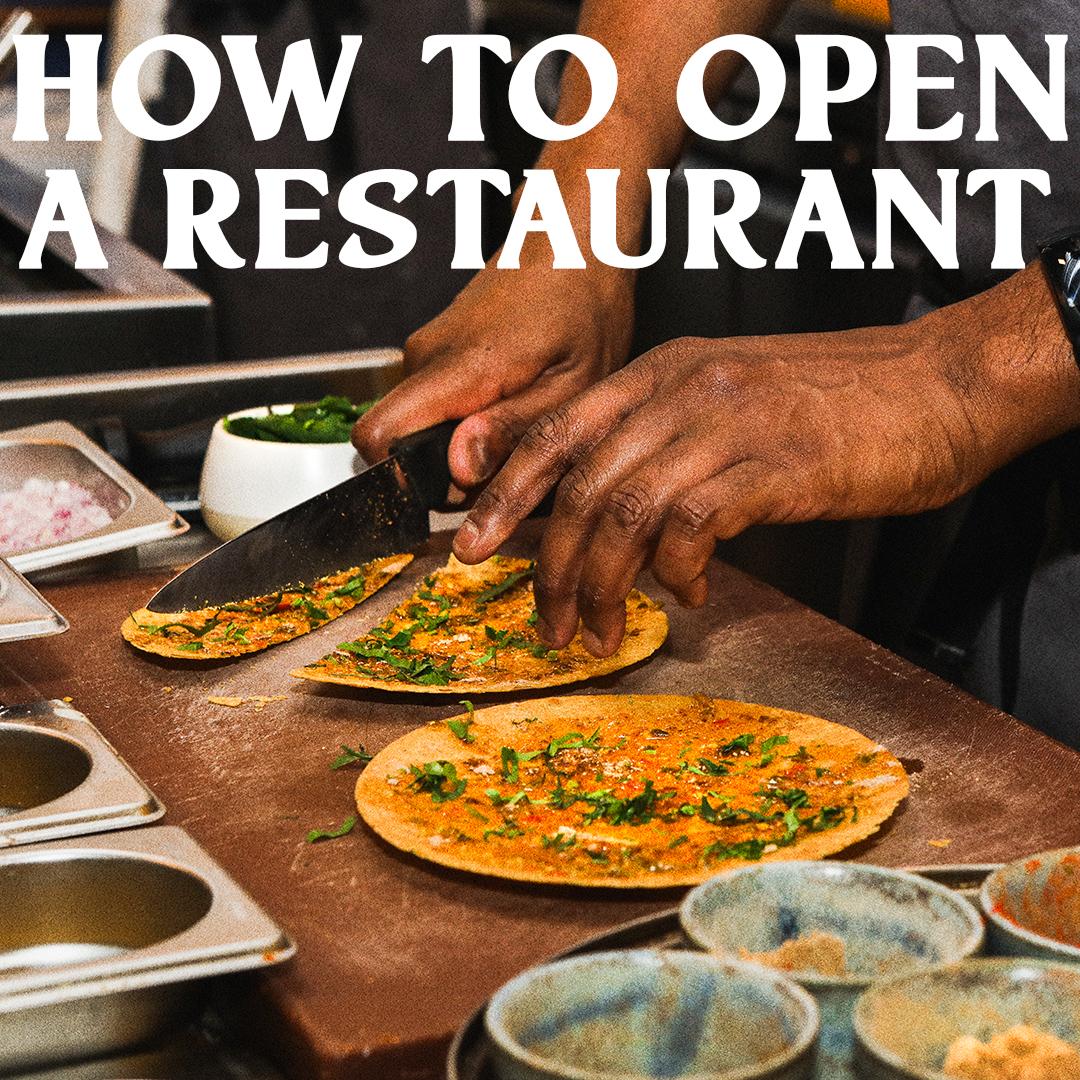Anyone that’s properly passionate about food and drink has probably fantasized at some point in their life about owning a restaurant. In my mind, it’d be a bijou little cave à manger called ‘Lucky’ where I’d always have a seat reserved and a plate of charcuterie immediately presented to me upon my arrival.
In reality, the restaurant industry is a world of tight margins, high stress, and gruelling hours. Opening a restaurant ain’t sunshine and rainbows and the chances of you being able to eat an endless supply of prosciutto in your bistro are second to none, even if you do own the place.
That being said, people still open restaurants. In fact, if you look at how many openings they’ve been over the last few weeks it seems like they’re opening them all the damn time. But just how hard is it to open a restaurant? How far will passion alone get you? And what steps should you take to make sure that your restaurant is a roaring success and not the sort of place that Jay Rayner crucifies in a national paper?
To get some genuine advice on how to open a restaurant, I reached out to some extremely talented restaurateurs across the country. These folks have all been there and done that and were kind enough to give me advice that spanned from finding the best staff available to scouting out a location that you know is destined for greatness. Always wanted to know how to open a restaurant? Here’s everything you need to know before you take the plunge.
